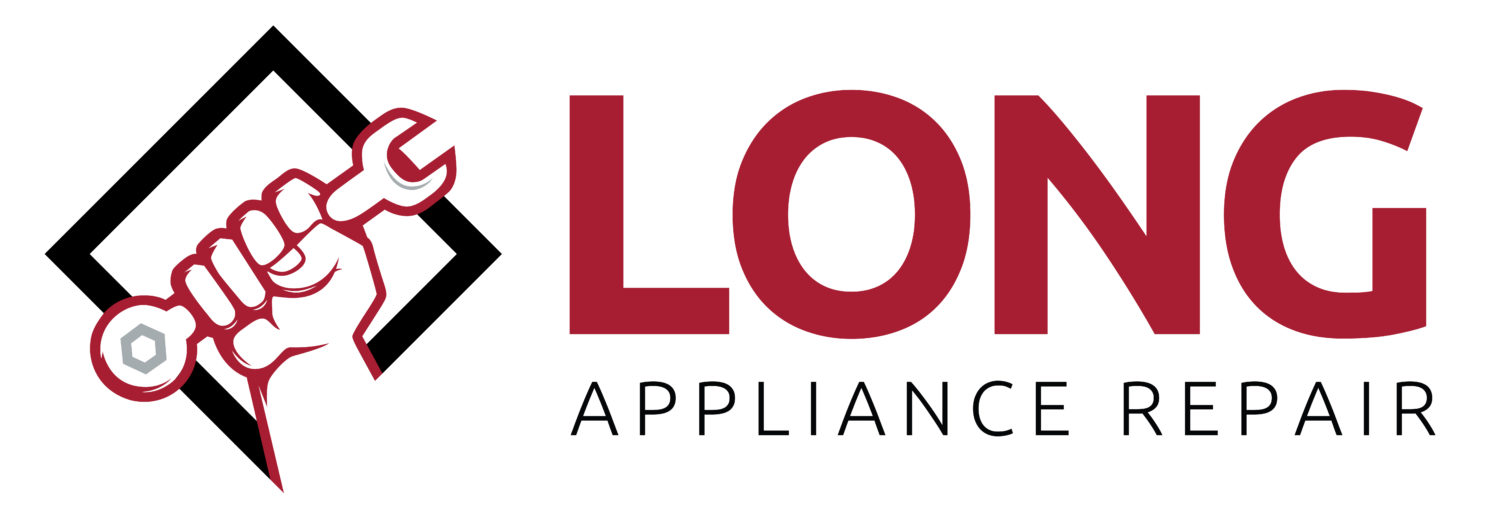Emergency Appliance Repair
A typical appliance repair emergency might be a leak or smoke or even a fire coming from the appliance.
In the event of an appliance emergency, unplug the appliance immediately and then call Long Appliance Repair for local appliance repair. If there’s an electrical fire resulting from one of the large or small appliances inside your house, we advise calling the town fire department before attempting to eliminate the fire on your own.
An electrical fire is scary and very dangerous, but there are a couple of steps to be prepared in the event of an emergency. If an electrical appliance is in flames, it is very important not to panic and remain calm. Follow these easy guidelines below to keep your house safe from electrical fires.
PREVENTING ELECTRICAL FIRES
Homeowners can prevent electrical fires before they start by following a few basic guidelines for appliance safety in a home. Do not plug in a lot of electrical devices into a single electrical outlet—the wiring can get overloaded and spark a fire, especially if there is clutter like paper or clothes nearby the outlet.
Sometimes we forget about the apparent dangers of larger residential appliances since they stay plugged in all of the time, but they can present as much of a fire hazard as small devices like toasters and heaters. Large appliances like a washing machine or dishwasher should not be left to run overnight or while you’re not at home, and try not to place a refrigerator or freezer in line of direct sunlight, in order to prevent possibly overworking their cooling systems.
Inspect all of the outlets regularly for excessive heat, signs of burns, and buzzing or crackling sounds that could point to electrical arcing. Make sure you keep at least one working smoke detector on each story of your home, and test the smoke detectors regularly to keep them in good working order.
WHAT NOT TO DO
If there’s an appliance repair emergency involving an electrical fire, it might be tempting to put out the flames with water, however water should not be used to put out an electrical appliance fire.
Water conducts electricity, and dumping water on or near a power source could give a harmful electrical shock. It might even make the fire stronger. Water could conduct electricity to additional parts of the room, increasing the risk of igniting other flammable objects in the area.
HOW TO EXTINGUISH AN ELECTRICAL FIRE
The first thing you want to do is to unplug the appliance from the power outlet and call the local fire department. Even if you are able to extinguish the fire yourself, it’s important to have help if the flames do get out of control.
For minor fires, you might be able to use baking soda to douse the fire. Covering the fuming or burning spot with some baking soda will sometimes prohibit oxygen flow to the flames with minimal risk of electrocution. Baking soda includes sodium bicarbonate, which is the same chemical used in regulation fire extinguishers. You may be able to extinguish a small fire with a heavy blanket, but only if the fire is small enough not to catch the heavy blanket on fire as well.
For big electrical appliance fires, you need a Type C fire extinguisher. You should always make sure you have at least one Type C fire extinguisher in your house. Extinguishers should also be checked often to make sure they aren’t expired. If there is a operational fire extinguisher in the home, just release the pin near the top, point the nozzle at the source of the flames, and press the handle. If the fire gets too big to put out by yourself or you are concerned the fire might block an exit, leave the house immediately, close the door , and then wait for assistance from the fire department.
For the smaller appliance fires, call Long Appliance Repair once the flames are extinguished and we will identify the reason for the fire and repair the appliance and restore it to its original condition.
OTHER RESOURCES:
Appliance Repair Cost
Appliance Repair Tips
Appliance Safety
Repair or Replace Appliances
Refrigerator Parts
Copyright ©2024 Long Appliance Repair
